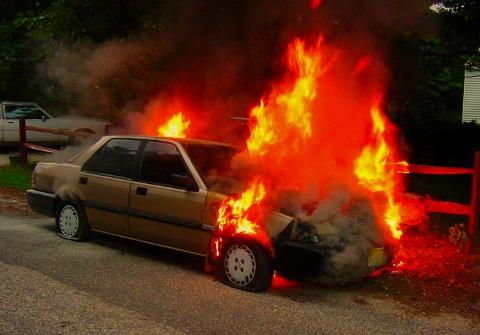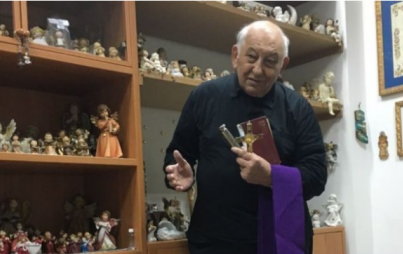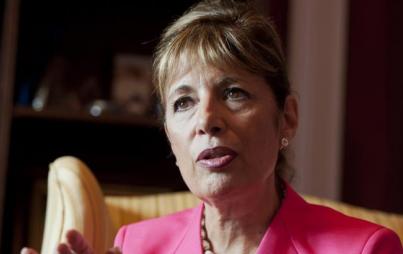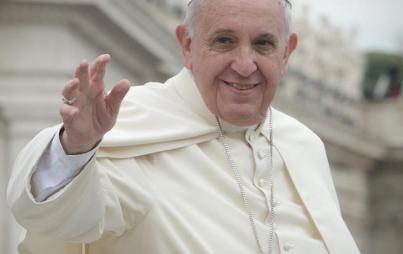
It’s spring time! Blossoms, Easter and, of course, the annual ceremony to remember the murder victims of the Italian mafia. Now in its 19th year, this year’s heady event was even attended by the pope—a first—who gave his spring message of rebirth by informing mobsters they need to change or else “end up in hell.”
It’s true: the Italian mafia didn’t end with the Godfather franchise in 1990; it’s still alive and well in the motherland. Organized crime controls almost all economic activity in certain regions like Sicily, and its influence has been increasing in Rome and Milan in the past two decades. Numerous local officials have been assassinated by the mafia over the years, and since the 1990s hundreds of city governments were dissolved over mafia infiltration. Two of the mob’s favorite intimidation techniques these days: setting cars on fire and sending threatening messages via email or Facebook (this is the 21st century mob, after all).
Pope Francis’ words threatening the eternal salvation of mobsters echoed those of Pope John Paul back in 1993, the first time a Pope officially decried the mafia, who he cautioned to “repent, because one day you will face the judgment of God.” Fitting that the Holy See should want to call out the mob now, because historically the church’s relationship to organized crime has been rather cozy.
The Vatican has long been accused of heavy involvement with mafia-linked financial investments—made easier by the Vatican’s exemption from Italy’s normal regulations which allows the sovereign mini-state to operate “in a fiscal twilight zone." But long before that—in the 1800s—the church relied on mobsters to act as enforcers for its property holdings, including making sure tenet farmers on church-owned land paid up. Because God might forgive your sins, but he doesn’t forgive late payments.
And though the Vatican under Pope Francis is showing signs of reform, at the local level mob bosses continue to establish ties with priests to firm up their authority and regional connections. So while threatening everlasting damnation to mobsters makes the church less hypocritical on one level, the action (or inaction) the church takes with corrupt priests might better show whether the church is really changing its ways.
Image: commons.wikimedia.org






